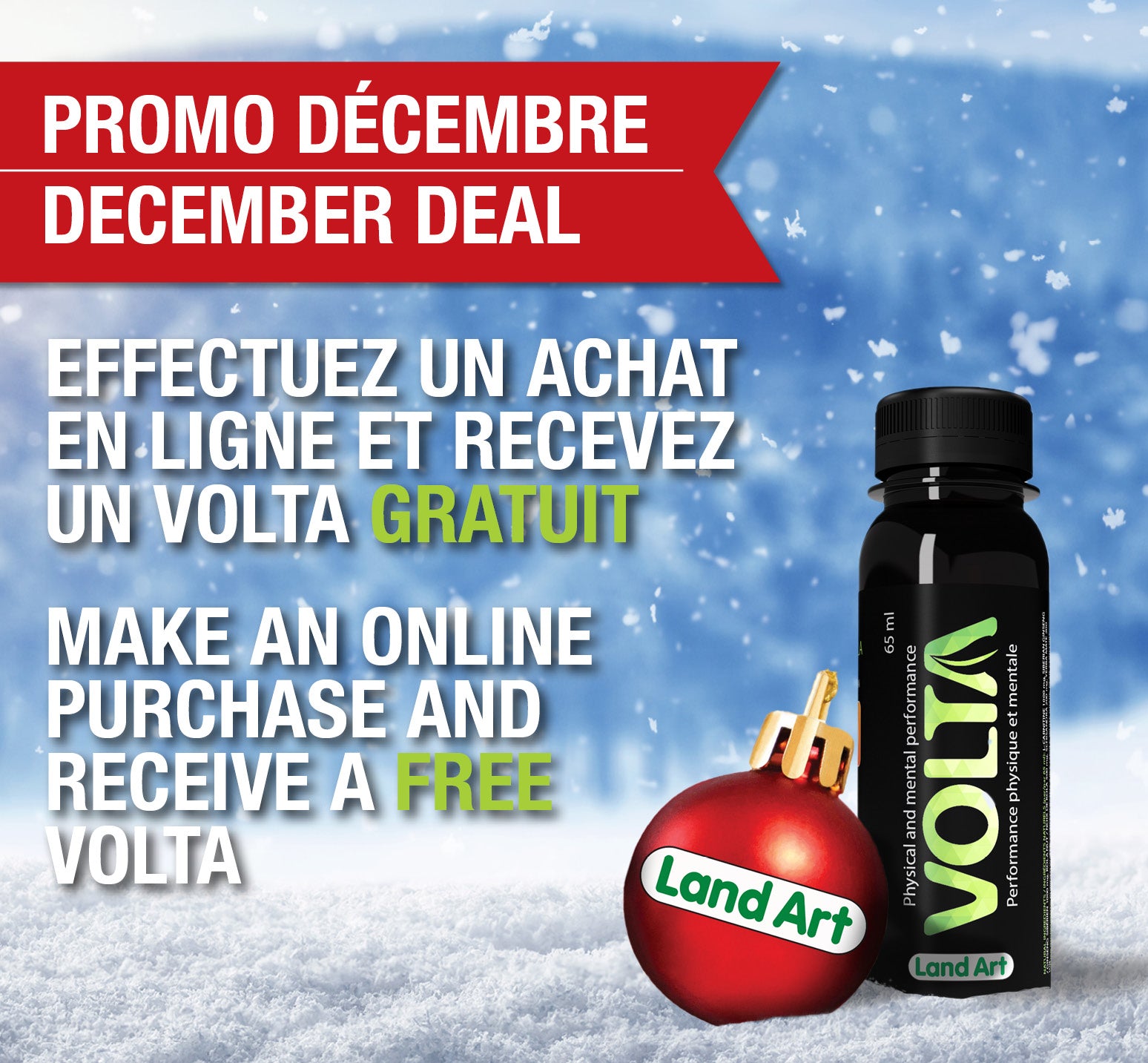There is countless evidence demonstrating the benefits of opting for a plant-based diet, compared to the “S.A.D” Standard American Diet (quite a suitable acronym), consisting mostly of refined carbohydrates and sugars, fried and processed foods, saturated and trans fats, and plenty of red meat. By adopting the former, you will experience a lowered disease risk, a decrease in all-cause mortality, reduction in medication, and an improved quality of life, to name a few.
“Research shows that plant-based diets are cost-effective, low-risk interventions that may lower body mass index, blood pressure, HbA1C, and cholesterol levels. They may also reduce the number of medications needed to treat chronic diseases and lower ischemic heart disease mortality rates.” - Tuso et. al 2013
“Death rates were lower in non-meat-eaters than in meat eaters. Mortality from ischemic heart disease was also positively associated with estimated intakes of total animal fat, saturated animal fat, and dietary cholesterol.” - Tuso et. al 2013
In learning about the differences between these lifestyle dietary habits, you (hopefully) may want to make good friends with your fruits and vegetables, while possibly even growing your own (organic!) and shying away from the harmful “S.A.D” trend. While these are two very extreme differences in food consumption, it is important to know the following:
1. How to adopt a vegan or vegetarian diet safely, OR
2. Adopt a balanced omnivorous (meat included) and plant-based diet
This is of utmost importance due to the strict nature of being vegan or vegetarian, and consequently the limitation of various essential nutrients. Specifically, without a meat source, the body is potentially being compromised with an inadequate protein intake, decreased B12 status, and a reduction in iron. At first this may not be noticeable, but years of vegan or vegetarianism without proper vitamin supplementation or meal-planning, can be severely detrimental to your health. So, if you’re vegan or vegetarian, here’s what you need to know!
B12 STATUS
B12 (aka cobalamin) is critical in nervous system and brain function, the formation of blood, and plays a metabolic role in every cell of the body allowing it to undergo DNA & fatty acid synthesis, while producing energy. It’s virtually indispensable to our health and its deficiency could be as severe as leading to permanent neurological damage. What’s more, pregnant and breast-feeding women who have inadequate B12 status can cause significant health problems to their child.
“Low maternal vitamin B12 status and protein intake are associated with increased risk of neural tube defect, low lean mass and excess adiposity, increased insulin resistance, impaired neurodevelopment and altered risk of cancer in the offspring.” – Rush et. al, 2014 “The breast-fed infant of a vitamin B12-deficient mother is at risk for severe developmental abnormalities, growth failure, and anemia.” . – Stabler et. al, 2004Since natural sources of B12 are found mostly in animal products like fish, meat, poultry, eggs, and milk products, it will be very difficult to meet the required daily amount to prevent deficiency. Known vegan food sources of B12 are the following, which are great to have in your diet–however they only yield modest absorption by the body:
- Nutritional Yeast fortified
- Miso/Seaweed
- Nori
- Mushrooms
- Fermented food/drink (i.e. sauurkraut, kombucha, etc)
B12 SUPPLEMENTATION
B12 supplementation can be achieved in a variety of forms and can be chosen based on their cost-effectiveness, how much your body will absorb (bioavailability), and convenience. You can get it in the following forms:
Intravenous therapy (IV vitamin drip) – Pros: straight into your bloodstream, most bio-avilable; Cons: must go to doctor’s office and a treatment will take on average 30 mins, more costly, may be uncomfortable.
Intramuscular injection – Pros: highly absorbed, quick, may do it on your own with instruction. Cons: cost, may be averse to needles.
Liquid supplementation – Pros: highly absorbed, tastes good, less costly, convenient. Cons: may need a high dose. You can get B12 in the form of a complex with all the other B vitamins (usually more for health maintenance) or you can get the isolated B12.
Both Land Art ( B12 and B-complexe) have enticing taste (fruity!) and they are highly absorbed due to their liquid form (as opposed to pill), and they are extremely cost-effective in comparison to IV or injection B12. They are highly viable and cost-effective option if you are facing a deficiency from mild to moderate.
Le B12 de Land Art : 5 ml (teaspoon) contains 1000 mcg of cyanocobalamin and a bottle contains 250 ml. A severe deficiency on the other hand, would require immediate IV treatment and urgent medical care.
Pill supplementation – Pros: convenient, inexpensive; Cons: least absorbed form, will need more to reach required dose.
SIGNS YOU MIGHT BE B12 DEFICIENT:
Fatigue and weakness, breathlessness, palpitations, skin burning sensation, inflammation of the optic nerve, nausea, constipation, flatulence, loss of appetite and weight loss.
Iron Intake
A typical vegan diet actually includes more iron than an omnivore diet however, there is a major difference in the types of iron found in plants (non-heme iron) vs. meat (heme iron). Basically, your body will only absorb minute quantities of the non-heme iron which is actually even further inhibited by the other elements found in vegetables (i.e. fiber, calcium, zinc, etc). The bioavailability of heme iron, however, is much higher which is why it is argued that some meat in the diet is essential.
Nevertheless, if you’re going to adhere to a strict vegan or vegetarian diet, you’ll need to actually increase your dietary intake of iron by 80% to compensate for this decreased bioavailability. That means, a whole lot of food (it isn’t healthy to overeat either) and extremely conscious meal-planning. Even still, iron supplementation may be required especially in pregnant or breast-feeding women to protect the child from attaining an iron deficiency as well.
Protein
Since there is no vegan source of a complete protein, it is very hard for this group to meet their daily protein requirements. It is a bit easier for vegetarians, since eggs and whey protein are complete protein sources and they are inclusive to a vegetarian diet. However, to put things in to perspective, an egg white contains 4 g of protein vs a chicken breast which contains 42 g of protein. The average protein requirement for adults is about 0.8g/kg/d. Therefore, for a 125 lb person–their intake should be about 46 g of protein per day. Only slightly more if they are a body builder and higher if they are an endurance athlete.
Écrit par:
Erica Grenci
Étudiante en natoropathie au CCNM
References
Appleby et al. (1999) The oxford vegetarian study: an overview. American Journal of Clinical Nutrition. 70: 525S-531S
Chiu, T.H. et al. (2014) Taiwanese vegetarians and omnivores: dietary composition, prevalence of diabetes and IFG. PLoS One. Feb 11;9(2):e88547
Hunt, J. (2003) Bioavailability of iron, zinc, and other trace minerals from vegetarian diets. Am J Clin Nutr. Vol. 78 no. 3 633S-639S
Rush E.C., Katre P., Yajnik C.S. (2014) Vitamin B12: one carbon metabolism, fetal growth and programming for chronic disease. Eur J Clin Nutr. 68(1):2-7
Stabler, S.P. & Allen, R.H. (2004) Vitamin B12 deficiency as a worldwide problem. Annu Rev Nutr. 24:299-326
Tuso, P.J., Ismail, M.H., Ha, B.P., Bartolotto, C. Nutritional update for physicians: plant-based diets. Perm J. 2013 Spring;17(2):61-6. doi: 10.7812/TPP/12-085.





